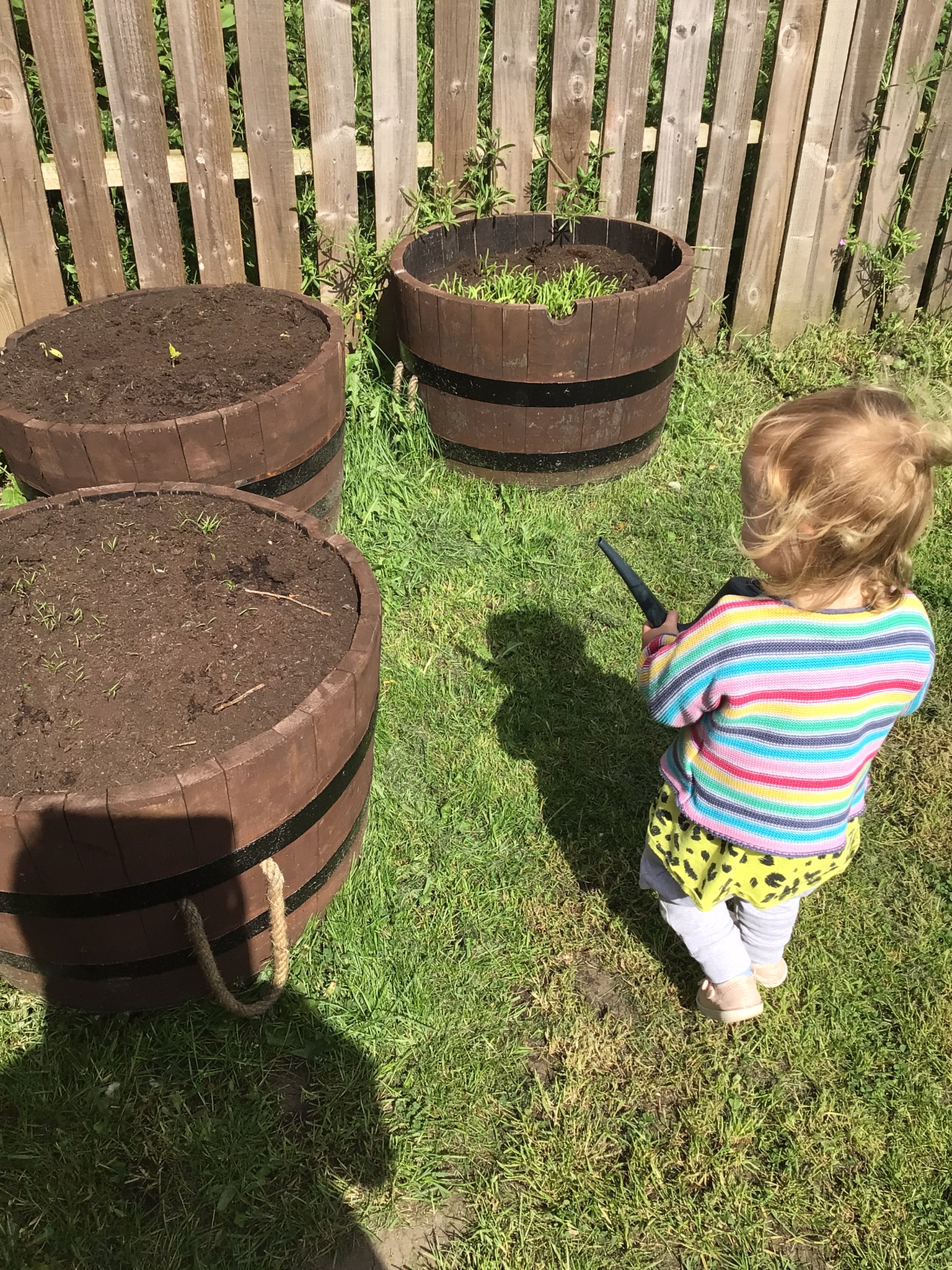Helpful Insights to Support Your Child’s Growth and Well-Being
Raising a child in the early years (0–5 years) is a journey filled with joy, challenges, and learning moments. While every child is unique, there are proven strategies that can help you create a positive home environment, manage toddler tantrums, and establish essential routines.
How to Create a Positive Learning Environment at Home
A child’s learning journey begins at home, and parents play a key role in shaping their curiosity, confidence, and independence. Here’s how you can foster a stimulating and supportive home environment:
- Designate a Learning-Friendly Space 📚
- Create a quiet, well-lit area for reading, drawing, and exploring.
- Organise books, puzzles, and age-appropriate toys at eye level so children can access them independently.
- Use Everyday Moments for Learning ✨
Turn daily tasks into fun learning opportunities:
- Counting fruits while grocery shopping 🍎🍌
- Naming colours while folding clothes 🎨
- Singing rhyming songs during bath time 🎶
Ask open-ended questions like, “What do you think will happen next?” to encourage critical thinking.
- Encourage Hands-On Activities 🎨
- Let children explore textures, shapes, and sounds through arts, crafts, and sensory play.
Simple activities like finger painting, playdough, and water play improve motor skills and creativity.
- Read Together Daily 📖
- Reading helps develop language, imagination, and listening skills.
Choose interactive books and engage your child by asking them to point out objects or guess what happens next.
- Limit Screen Time & Promote Active Play 🏃♂️
- Balance screen time with movement, outdoor play, and social interactions.
- Encourage games that involve running, jumping, climbing, and dancing to strengthen motor skills.
🟢 Parent Tip: Your child learns best through play, exploration, and meaningful interactions with you!
Tips for Managing Toddler Tantrums Like a Pro
Tantrums are a normal part of toddlerhood as children learn to express emotions and navigate independence. Here’s how to handle tantrums effectively without stress:
- Stay Calm & Be the Role Model
- Take deep breaths before responding.
- Speak in a calm and firm voice instead of raising your tone.
- If you stay collected, your child will mirror your behaviour over time.
- Identify the Common Tantrum Triggers Tantrums often happen because of:
- Hunger or tiredness → Keep a consistent schedule for meals and naps.
- Frustration from lack of words → Teach them simple words or gestures.
- Overstimulation → Give them a break in a quiet space.
- Validate Their Feelings, But Hold Boundaries
- Say: “I see you’re upset. It’s okay to feel that way.”
- Offer a solution: If they’re frustrated about not getting a toy, say, “We can’t get that today, but let’s choose another fun game to play.”
- Use Distraction & Redirection
- Offer a new toy, book, or activity to shift focus.
- Move them to a different environment (e.g., step outside for fresh air).
- Set Clear & Consistent Rules
- Use simple, positive instructions: Instead of “Don’t throw!”, say “Let’s keep the toys on the floor.”
- Stay consistent with expectations—children feel safe when they know what’s allowed.
- Teach Emotional Regulation
- Encourage deep breathing by saying, “Let’s take a big breath together.”
- Label their emotions: “I see you’re feeling frustrated. Let’s talk about it.”
🟢 Parent Tip: If tantrums happen frequently, keep a diary to track when and why they occur—this helps in understanding and preventing future meltdowns!
The Importance of Routines in Early Childhood
Children thrive on structure, and a predictable routine can reduce stress, improve behaviour, and foster independence.
- Why Routines Matter
✔ Emotional Security → Predictability helps children feel safe and in control.
✔ Better Sleep & Eating Habits → Regular mealtimes and bedtime routines prevent fussiness.
✔ Smoother Transitions → Moving from one activity to another becomes easier.
✔ Encourages Independence → Kids learn what to expect and can do things on their own.
- Key Daily Routines to Establish
🟢 Morning Routine:
- Wake up at the same time each day.
- Brush teeth, wash face, and dress up independently.
- Have a healthy breakfast together.
🟢 Mealtime Routine:
- Eat at a table without screens.
- Involve your child by letting them choose between two healthy options.
- Encourage good eating habits by making mealtimes relaxed and enjoyable.
🟢 Nap & Bedtime Routine:
- Have a consistent wind-down with a bath, a bedtime story, and cuddles.
- Avoid screens at least an hour before bed to help them settle.
- Create a calm sleeping environment—dim lights and soft music help.
🟢 Play & Learning Routine:
- Balance structured activities (e.g., puzzles, counting games) with free play (e.g., outdoor fun, role-playing).
- Set a screen time limit and encourage physical movement and social interactions.
- Keeping Routines Flexible While consistency is important, be flexible—life happens! If a day doesn’t go as planned, adjust without stress and resume the routine the next day.
🟢 Parent Tip: Use visual charts or timers to help toddlers understand what comes next in their routine.
Final Thoughts
The early years are a critical time for development, and small daily habits can make a big difference in your child’s growth.
✔ Create a learning-friendly home full of curiosity and play.
✔ Handle tantrums with patience, validation, and consistency.
✔ Establish simple daily routines to give your child structure and security.
By following these expert-backed parenting tips, you’ll build a happy, confident, and well-adjusted child! 💛👉 Want more parenting advice? Subscribe to our blog for regular tips and insights!

